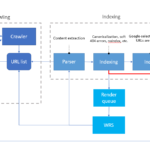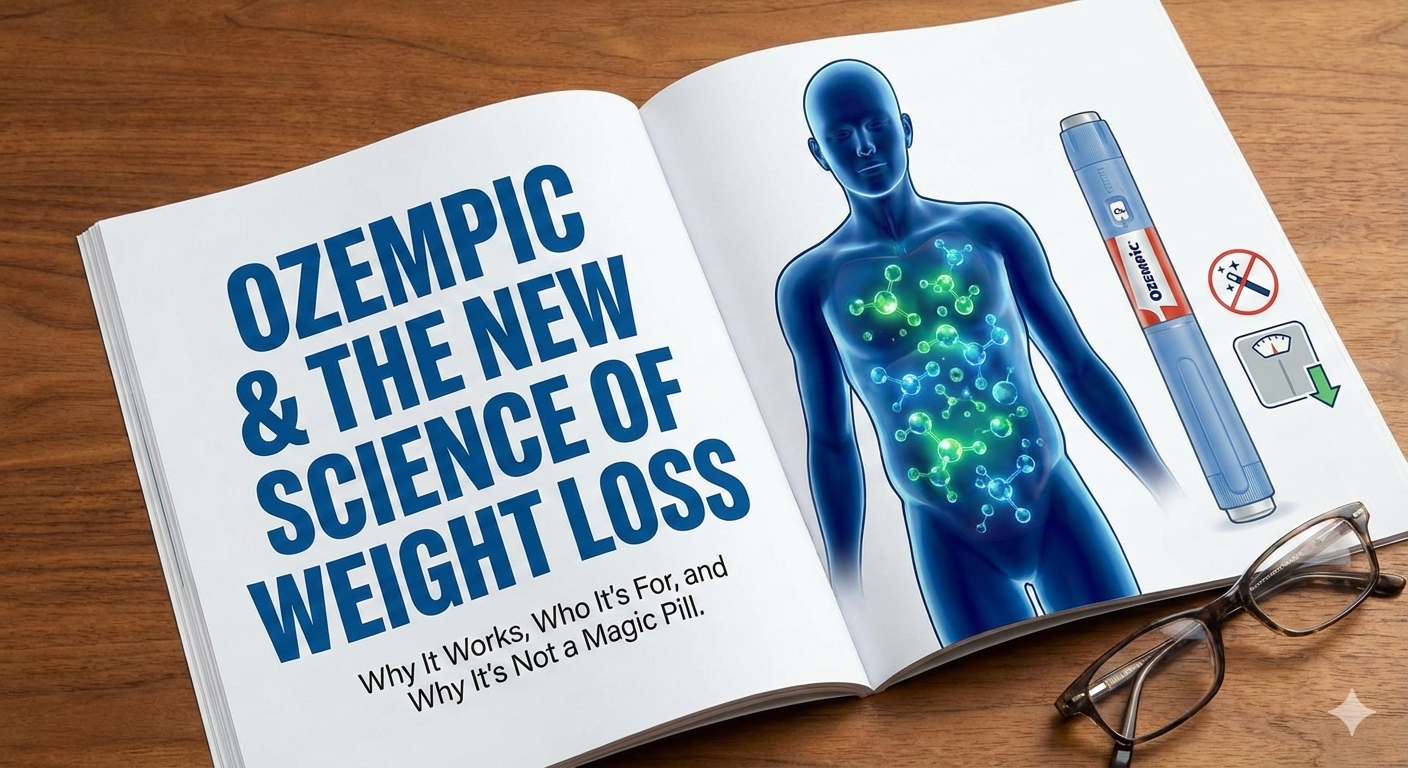Cortisol: The Most Misunderstood Hormone of the Decade
By Fittr Coach Alka Rao Yadav
Introduction: Why “Cortisol” Became Social Media’s New Villain
Every few months, social media declares a new enemy responsible for women’s weight gain—carbs, gluten, dairy, seed oils… and now, cortisol.
Yes, the very hormone that keeps you alive is suddenly being blamed for “cortisol belly,” stubborn fat, and bloating.
But here’s the truth: There is no such thing as a cortisol belly.
Not in medical textbooks.
Not in NCBI research.
Not in scientific reviews or meta-analyses.
The only place it exists is—Reels.
This article breaks down the myth, explains what cortisol actually does, and clarifies why focusing on basics matters more than fearing hormones.
What Is Cortisol? (And Why You Actually Need It)
Cortisol is a normal, essential hormone produced by the adrenal glands.
It:
- Regulates metabolism
- Helps your body respond to stress
- Balances inflammation
- Supports your sleep–wake cycle
Calling cortisol the enemy is like saying your heart rate or temperature is dangerous.
Myth vs. Reality: The Truth About “Cortisol Belly”
Myth 1: Skipping Breakfast Causes Belly Fat
Reality: Skipping breakfast does not make you gain fat.
If you’re not hungry in the morning, forcing yourself to eat can create more stress. And stress—not skipping breakfast—is what people mistakenly blame on cortisol.
Key Point:
Fat gain happens only when you consume more calories than you burn.
Myth 2: Coffee on an Empty Stomach Raises Cortisol and Causes Fat Storage
Reality: Black coffee is harmless for most people.
Unless you’re drinking 600-calorie frappes daily, coffee doesn’t cause fat gain.
In fact, caffeine can mildly boost metabolism and performance.
The fear around “coffee → cortisol → belly fat” is just misinformation.
Myth 3: Any Rise in Cortisol Is Dangerous
Reality: Acute cortisol spikes are normal and healthy.
Cortisol increases when you:
- Wake up
- Workout
- Take stairs
- Laugh
- Even simply exist
It fluctuates like heart rate, BP, and body temperature.
This is how your body functions. A rise does not equal fat gain.
Myth 4: Chronic Stress Always Creates Belly Fat
Reality: Chronic cortisol dysfunction is real—but rare.
Actual cortisol dysregulation happens due to:
- Long-term stress
- Chronic illness
- Severe sleep deprivation
- Hormonal disorders
- Metabolic dysfunction
Not because you:
- Skipped breakfast
- Drank coffee
- Sat too long
- Slept late for one night
- “Blink wrong,” as social media jokes go
So What Actually Causes Belly Fat?
One thing: A calorie surplus
Consistently eating more calories than you burn = fat gain.
Not cortisol spikes.
Not coffee.
Not missing breakfast.
If cortisol alone caused belly fat, every morning your tummy would grow—because cortisol peaks naturally at sunrise.
But that’s not happening.
Healthy Habits That Actually Support Hormones
Instead of fearing cortisol, focus on foundations that scientifically improve hormone balance:
1. Quality Sleep
Restorative sleep reduces stress, supports fat loss, and stabilizes hormones.
2. Hydration
Your body performs better when well-hydrated—no “cortisol magic,” just basic physiology.
3. Daily Movement
Walking, training, climbing stairs—all help manage total daily energy expenditure.
4. Proper Nutrition
Balanced meals, adequate protein, and calorie control matter far more than cortisol fluctuations.
5. Stress Management
Deep breathing, hobbies, sunlight, and rest days help long-term well-being.
The Real Takeaway: Stop Blaming Hormones for Calorie Surplus
The internet loves fear-based content.
But real fitness doesn’t need drama.
Drink your coffee.
Eat breakfast if you like—skip it if you don’t.
Move daily.
Sleep a little more.
Relax a lot more.
And stop giving cortisol more credit than it deserves.
Because at the end of the day, calories, consistency, and lifestyle—not hormones—drive fat loss.









